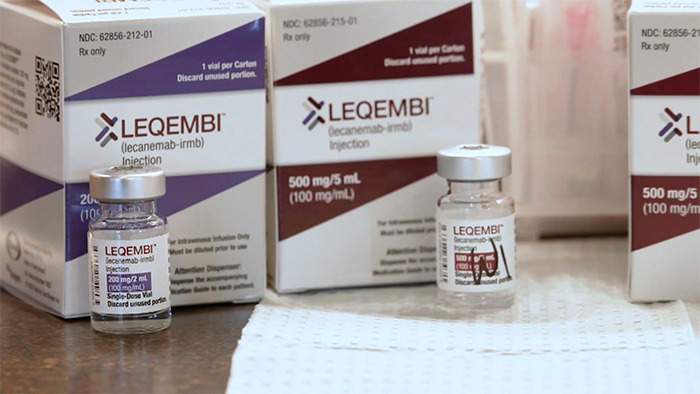The Results Are In With Dr. Sanjay Gupta | Leqembi for Alzheimer’s

This is a guest post by WWSG exclusive thought leader, Dr. Sanjay Gupta.
Though it’s not a cure for Alzheimer’s, the full FDA approval of the drug Leqembi still marks an important milestone in the fight against this devastating disease.
It’s been two decades since an Alzheimer’s drug has been granted full approval, and this is the first drug to show that it can slow progression of the disease.
It does that by attacking and clearing amyloid plaques from the brain, which are often associated with Alzheimer’s disease.
Clinical studies found that it was able to slow the decline of cognitive ability and function in people with mild Alzheimer’s by 27%. But what does that mean, exactly?
That means for those with early forms of the disease, they may be able to keep some independence and continue regular daily functions for a longer period of time.
It may not sound significant, but to someone like Jack Driscoll, a clinical trial participant whom I spoke to earlier this year, any opportunity to spend more quality time with his family was worth it.
Or as Dr. Joanne Pike, the Alzheimer’s Association president and CEO, put it: “This gives people more months of recognizing their spouse, children and grandchildren. This also means more time for a person to drive safely, accurately and promptly take care of family finances, and participate fully in hobbies and interests.”
It’s important to note that there can be side effects such as brain swelling and bleeding from the drug, which is given as an IV infusion once every two weeks.
To further complicate access to the drug, the list price before insurance is $26,500 a year. But, with full FDA approval, the Centers for Medicare and Medicaid Services says it will expand coverage.
It’s a hopeful moment, not just for those with the disease but for their friends and family as well.
